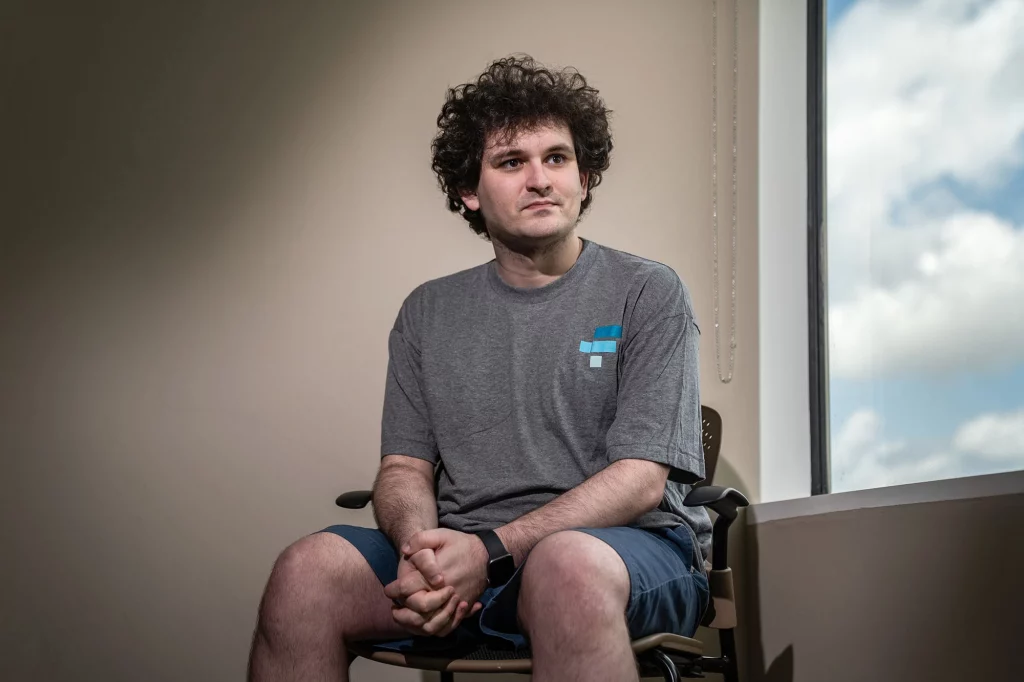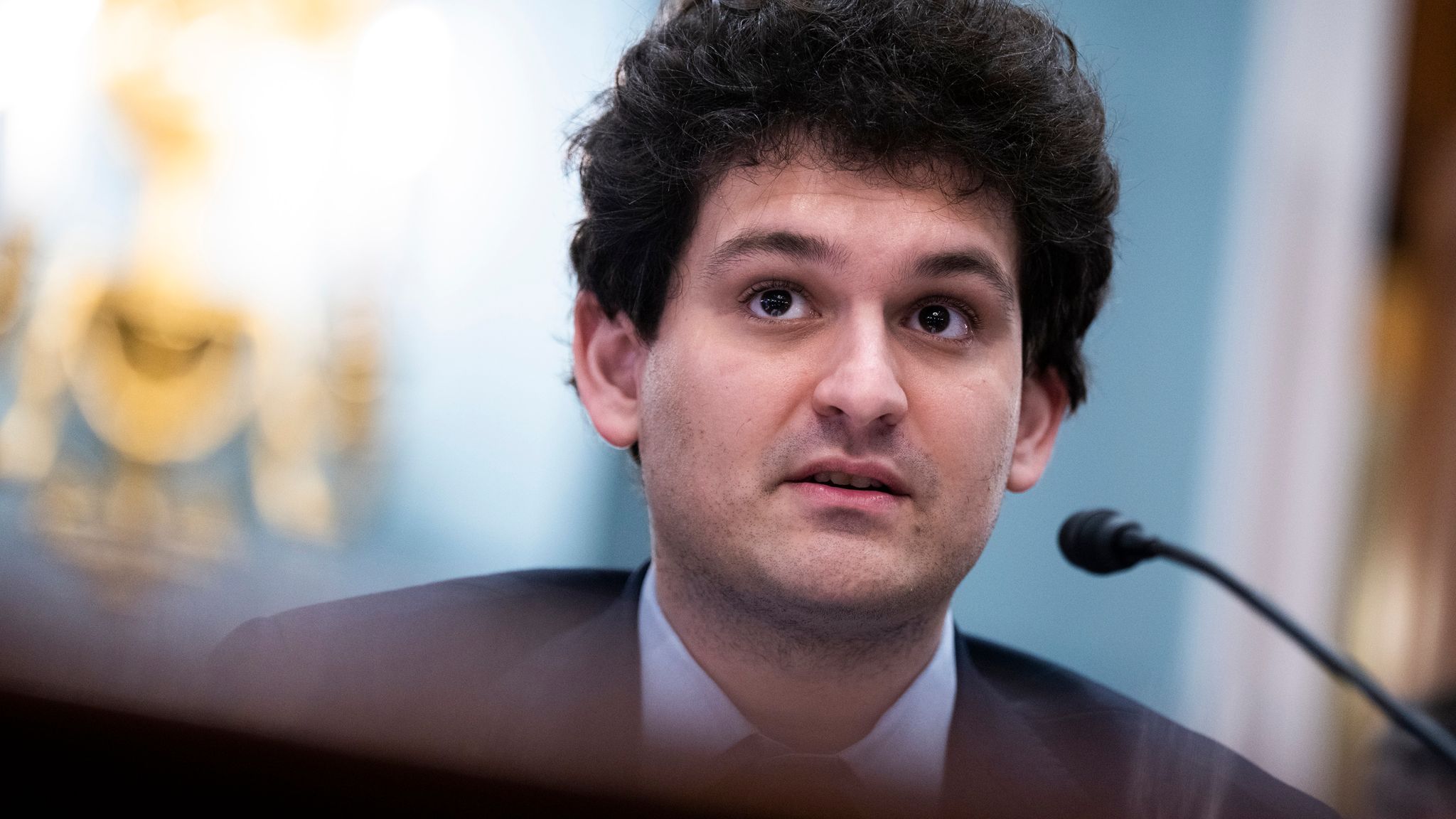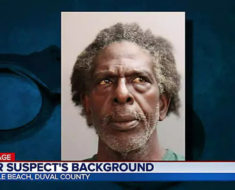According to a statement from the Bahamas government, Sam Bankman-Fried, the founder of collapsed crypto exchange FTX, was detained in the Bahamas on Monday after US prosecutors filed criminal charges against him.
FTX’s Sam Bankman-Fried Is Arrested in the Bahamas
The arrest was verified on Twitter by the Southern District of New York, which is investigating Sam Bankman-Fried and the collapse of FTX and its sibling trading business Alameda.
“Earlier this evening, Bahamian authorities arrested Samuel Bankman-Fried at the request of the United States government, based on a secret indictment filed by the SDNY,” US attorney Damian Williams stated. “We anticipate that the indictment will be unsealed in the morning and will have more to say at that time.”
Bankman-Fried was detained without incident at his apartment complex in Nassau soon after 6 p.m. ET Monday and is scheduled to appear in court Tuesday, according to the Royal Bahamas Police Force.
A lawyer for Bankman-Fried did not immediately respond to CNN’s request for comment.
The Securities and Exchange Commission said it had authorized further charges connected to Bankman-“violations Fried’s of securities laws,” which will be filed publicly on Tuesday, shortly after the SDNY confirmed his detention.
It’s unknown what charges await Bankman-Fried, the 30-year-old crypto celebrity who became a pariah overnight last month when his company experienced a liquidity issue and declared bankruptcy, preventing at least a million depositors from accessing their monies.
You may also read: American journalist Grant Wahl dies after collapsing at Qatar World Cup 2022
According to the New York Times, the allegations against Bankman-Fried include wire fraud, wire fraud conspiracy, securities fraud, securities fraud conspiracy, and money laundering.
The extradition treaty between the United States and the Bahamas permits US prosecutors to return defendants to American soil provided the offenses are punished by at least a year in both jurisdictions.
In the four weeks since FTX declared bankruptcy, Bankman-Fried has attempted to portray himself as a rather naive CEO who stepped out on his skis, dismissing allegations that he misled FTX’s consumers.
“I didn’t do it consciously,” he told the BBC over the weekend. “I didn’t intend for any of this to happen. And i was clearly not as capable as I thought I was.”
Read More…

Bankman-Fried was supposed to appear digitally before the US House Financial Services Committee on Tuesday, which is demanding answers about how the company collapsed, causing ripple effects throughout the digital asset market. Because of their exposure to FTX, some crypto firms have ceased operations, frozen customer accounts, and in some cases filed for bankruptcy.
Following his detention, the committee’s chairwoman, Rep. Maxine Waters, announced that Bankman-Fried will no longer testify on Tuesday. However, the meeting was scheduled to begin with evidence from FTX’s new CEO, John J. Ray III, who took over for Bankman-Fried on November 11 and is tasked with guiding the company through the bankruptcy process.
You may also read; Texas suspends coach Chris Beard after arrest on assault charge
“While I am disappointed that we will not be hearing from Mr. Bankman-Fried tomorrow, we remain committed to determining what occurred,” Waters said in a statement Monday night.
So far, Ray has drawn a picture of a crypto empire with almost no corporate controls and an alarming lack of financial and other record-keeping.
“The extent of the investigation is huge,” Ray said in prepared remarks posted ahead of his appearance on Monday.
While the investigation is still ongoing, Ray believes FTX’s demise was caused by the concentration of power “in the hands of a very small group of extremely incompetent and unsophisticated individuals” who failed to adopt nearly any corporate controls.
Ray also claims that “FTX.com customer assets were mixed together with assets from the Alameda trading platform.” This is a critical question for investigators because FTX and Alameda were independent businesses on paper.
Denials by SBF
According to The Wall Street Journal, Bankman-Fried has denied knowingly commingling funds and has sought to distance himself from the day-to-day management of Alameda, which engaged in a number of high-risk trading strategies such as arbitrage and “yield farming,” or investing in digital tokens that pay interest-rate-like rewards.
He has admitted to mismanaging FTX and failing to pay adequate attention to risk.
“Look, I screwed up,” he admitted late last month at the New York Times DealBook Summit. “I was the CEO of FTX… I had a duty to fulfill.”
Bankman-Fried also admitted that the enterprises he controlled lacked corporate governance and risk management.
“There was no one in charge of consumers’ positioning risk on FTX,” Bankman-Fried told DealBook. “In retrospect, that’s really embarrassing.”
One of the primary questions behind FTX’s demise originates from a Reuters investigation last month, which claimed that Bankman-Fried constructed a “backdoor” into FTX’s accounting system, allowing him to alter the company’s financial records without raising accounting red flags. According to the investigation, Bankman-Fried exploited this “backdoor” to transfer $10 billion in FTX client funds to the hedge fund Alameda, and at least $1 billion is now gone.
Bankman-Fried has stated that he is unaware of any such backdoor. “I don’t even know how to code,” he said to bitcoin blogger Tiffany Fong last month.






